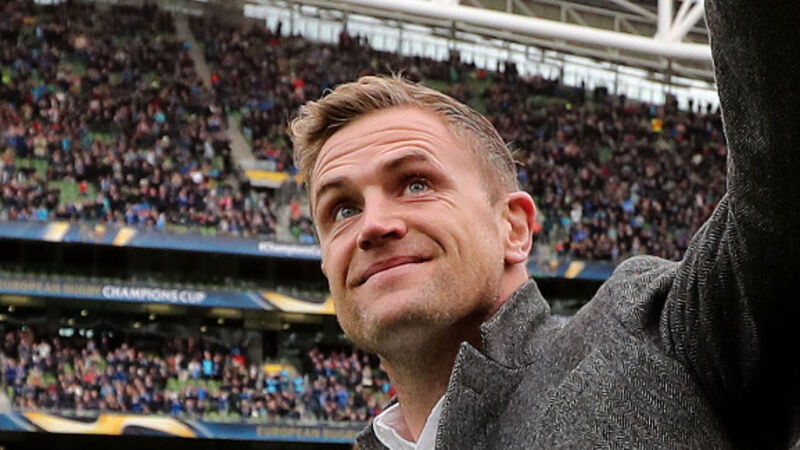Miracle workers make luck count

They have been dabbling in this particular phenomenon on and off now for the best part of 20 years and seasoned observers of the Red Army’s early continental manoeuvres will remember exactly when it began and where: May 6, 2000, at a venue named in memory of a French prime minister who played once for France, the Stade Chalban Delmas.
That it took place on the same day the IRA announced decommissioning of its weapons and the day before Russia elected a new president, Vladimir Putin, puts it into a historical perspective. A blazing afternoon in Bordeaux found Toulouse, then in their pomp, pummelling a 14-man Munster against the ropes.















